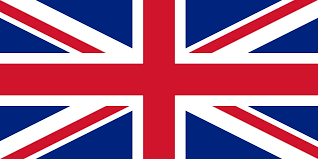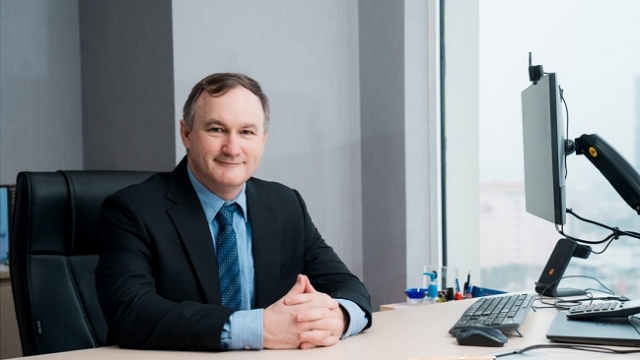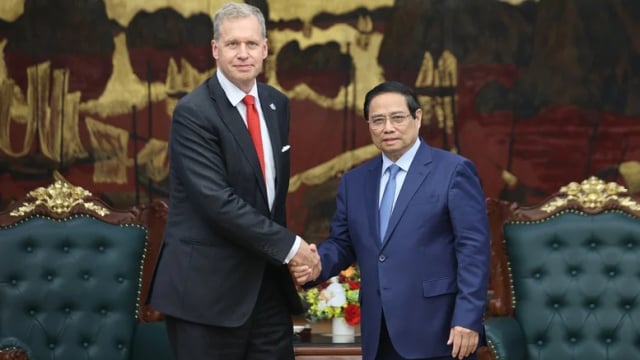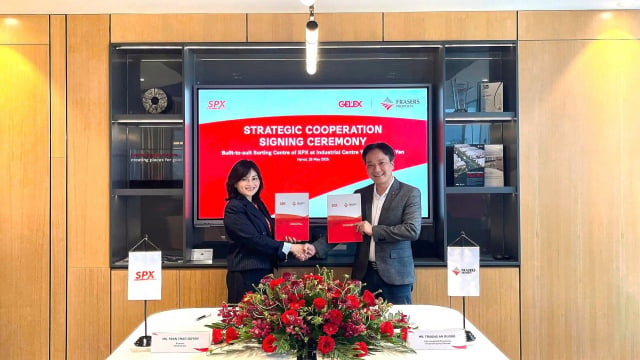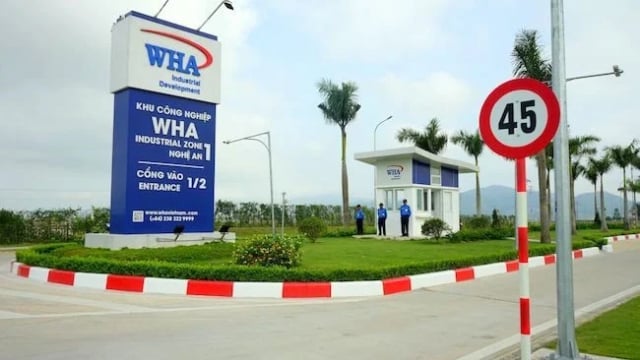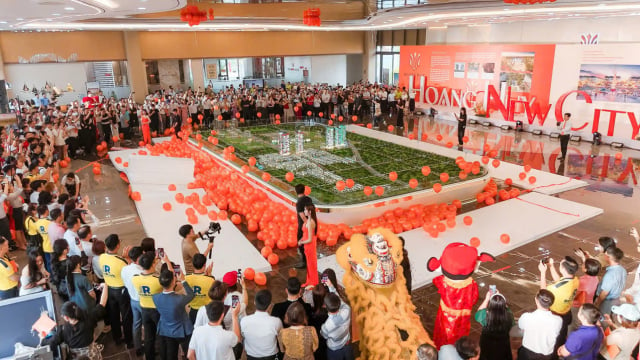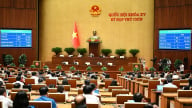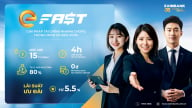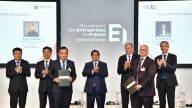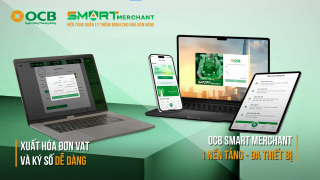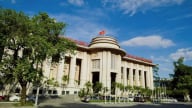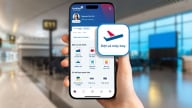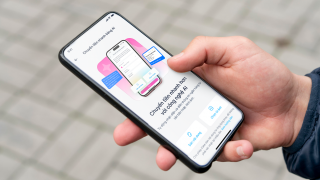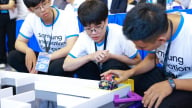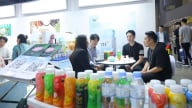Business
Navigating crisis with one page for change
While the core principle of OKRs (objectives and key results) is "shared goals lead people", in many Vietnamese businesses, OKRs remain "managers lead people". This indicates that goal management in Vietnam is highly subject to cultural factors and intuitive judgements.

Known as a goal-oriented management method aiming to connect people within an organization, the OKR model is expected to help all levels of personnel within a company to think and act towards a common objective.
However, the real-life implementation in Vietnam shows that OKR is yet to fully reflect its highest potential of "shared objectives guiding personnel behavior.” Instead, the predominant approach remains focused on “managers directing behaviors.”
Dang Thi Hai Ha, founder of RespectVN and Weatwork, points out the underlining reason for this: not all business or team leaders can effectively interpret and communicate the strategic vision into short-term business objectives for their staff.
Even with OKRs, leaders and the execution teams still struggle to define and reach a consensus on the crucial relationship among key business goals, namely revenues, expenses, and values
As such, the story of managing objectives on a single sheet of paper during the Covid-19 period, which was shared by Johan Lindholm, Northern area general manager at Al Fresco's Group, provided valuable insights for companies at the seminar "Goal management with OKRs on the business model canvas to reduce human resource waste and enhance team efficiency during recessions."
Based on experiences in tackling crises such as the 9/11 terrorist attack in the United States, Lindholm achieved consensus with investors on one of two business options: either closing down or keeping the hotel open. He presented these options on a single sheet of paper, called One Page for Change (OPC) developed by Weatwork.co.
To achieve this, he quickly reached a consensus with heads of departments by also using the OPC tool as they all had prior experience in practising this method.
As a result, the team took only three weeks for the final decisions to be made, and the resort opened throughout the Covid-19 period, transitioning from offering short-term stays to long-term stays, retaining all staff members, and welcoming thousands of domestic tourists during the social distancing period when other hotels had to shut down completely.
Thanks to the OKR alignment from top to bottom, all employees felt confident and voluntarily shared the hardship with the company. They agreed to receive only 50 per cent of their salaries in the first phase and even forgo it during the period of suspended domestic flights in exchange for guaranteed employment at a reputable workplace after the pandemic.
In that light, instead of a lengthy business plan with hundreds of pages, company leaders could remember and ensure their promises to customers and staff with just "One Sheet of Paper." This is the most fundamental characteristic of the OPC model in goal management. The company successfully navigated the pandemic and quickly returned to a "new normal" with greater ease than other hotels.
Ha explained that OPC helps align individual objectives with team and organizational goals. It allows front-end departments and back-end teams to think bigger and work better together. Moreover, OPC also presents the final goals of the organization with individuals across the entire company on only a single sheet of paper.
Leaders understand their own workplace to get it right
One challenge that arises is that not every business can rapidly learn, understand, and customize the OKR formula to fit the Vietnamese working mindset as illustrated in the above story. Not only, medium but also large enterprises had to make considerable efforts to overcome initial challenges when applying OKRs.
Three of the five most significant challenges identified by Yen Pham from Intel Vietnam and Neha Pandey from LHW are businesses copying others in applying OKRs without understanding their own companies. They create OKRs without monitoring or striving to achieve results, as well as focus solely on "What" (the goal) rather than "Why" (the purpose behind setting the goal).
"Many businesses have not fully taken advantage of being latecomers in the OKR arena and have not utilized the lessons learned by early global adopters," said Ha.
Specifically, she emphasized that the highest expectation with OKRs is to use shared objectives to guide the behaviors of all personnel (goals lead people). In Vietnam, OKRs are still being applied like many other tools, with managers determining the behaviors of their subordinates (managers lead people). This indicates that goal management in Vietnam is highly subject to cultural factors and intuitive judgments.
The result of this intuitive goal management is that leaders themselves find it challenging to reach a consensus on the highest objective. Consequently, they are unable to clearly communicate the key results to their staff. Likewise, employees are hesitant to provide feedback or contribute to the leadership from the bottom up. OKR in turn fails to deliver its fundamental and core values.
As noted by Ha, there is a need for a standard dashboard that does not enumerate items but demonstrates the relationship between OKRs across departments and the company's shared objectives. The dashboard will help CEOs or the final decision maker get it right and at ease in managing the entire organisational goals
As such, whether digital transformation takes place or not, CEOs and business leaders can still quickly agree on the organization's most critical goals based on the visual linkage and contributions of departments to the company's shared objectives.
This is the core idea of the OPC solution - goal management with OKRs on the business model canvas, which Ha and her colleagues have researched and implemented for over 10 years.
Could Vietnam become the world's tungsten recycling hub?
US giant backs Vietnam’s bid to lead ASEAN gas trade
With strategic deals and strong policy alignment from the Vietnamese government, Excelerate Energy aims to anchor Vietnam’s LNG ambitions in the region.
Frasers Property, SPX Express sign deal for largest sorting centre in Southeast Asia
Scheduled for completion in 2027, the logistics facility will be the first of its kind in Vietnam significantly boosting parcel processing capacity up to 7 million parcels daily.
Gamuda Land secures VND3,750 billion loan for Eaton Park project
Gamuda Land will use the loan to invest in a luxury real estate project in Ho Chi Minh City.
WHA Group accelerates industrial park investment in Vietnam amid tariff tensions
Amid global economic volatility, WHA Group has rapidly rolled out multiple expansion projects in Vietnam, signaling its strategic focus on the country.
Hai Phong Port unveils new deep-water terminals to meet growing trade demand
Hai Phong Port JSC. has inaugurated international container terminals No. 3 and 4 at Lach Huyen, raising its throughput capacity to 3.5 million TEUs per year.
Hoang Huy Group to raise $79 million for Haiphong property projects
Hoang Huy expects revenue to exceed VND4 trillion and post-tax profit to reach up to VND2 trillion in fiscal year 2025-2026, targeting annual growth of over 30% for the next five years.






